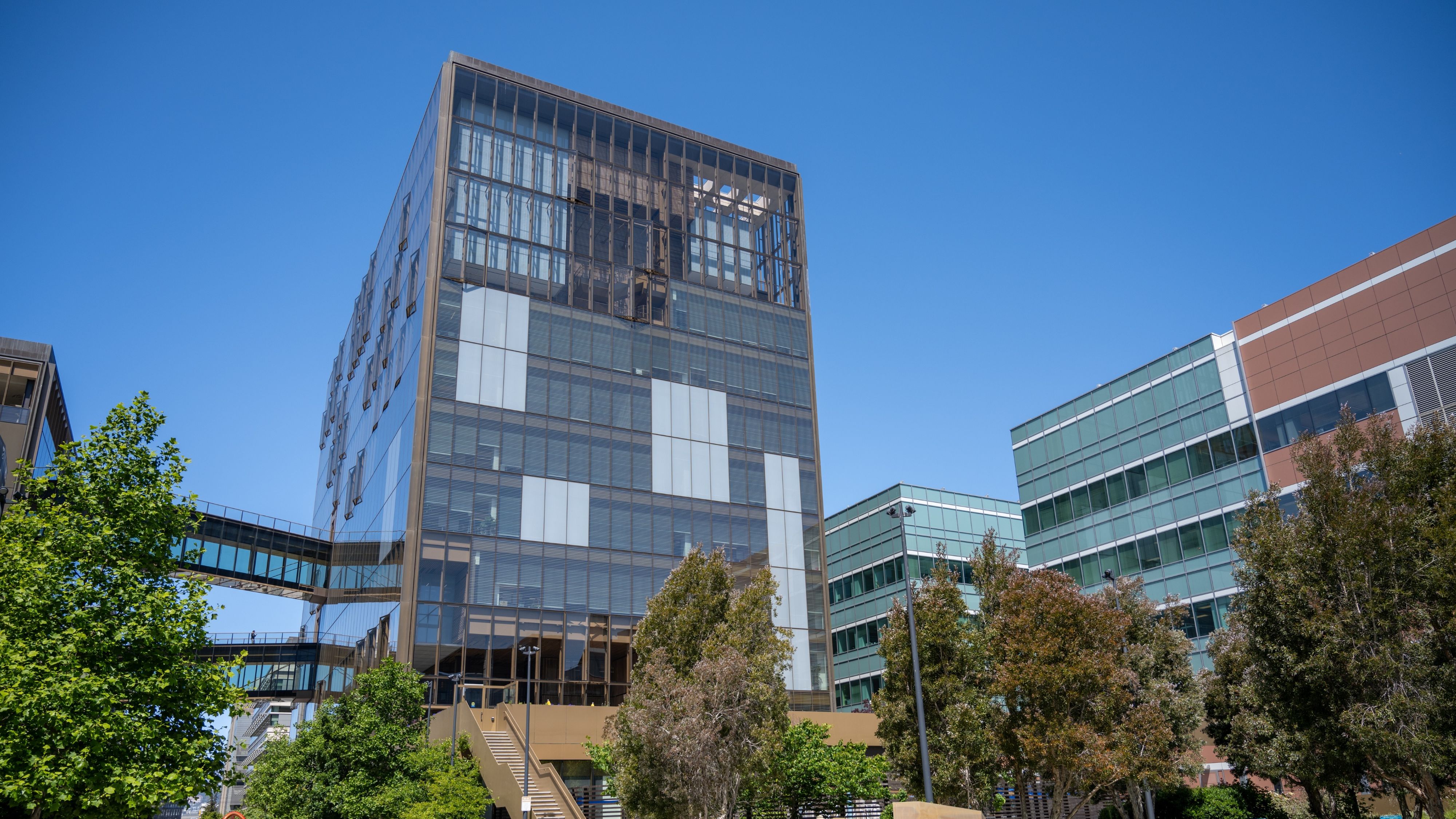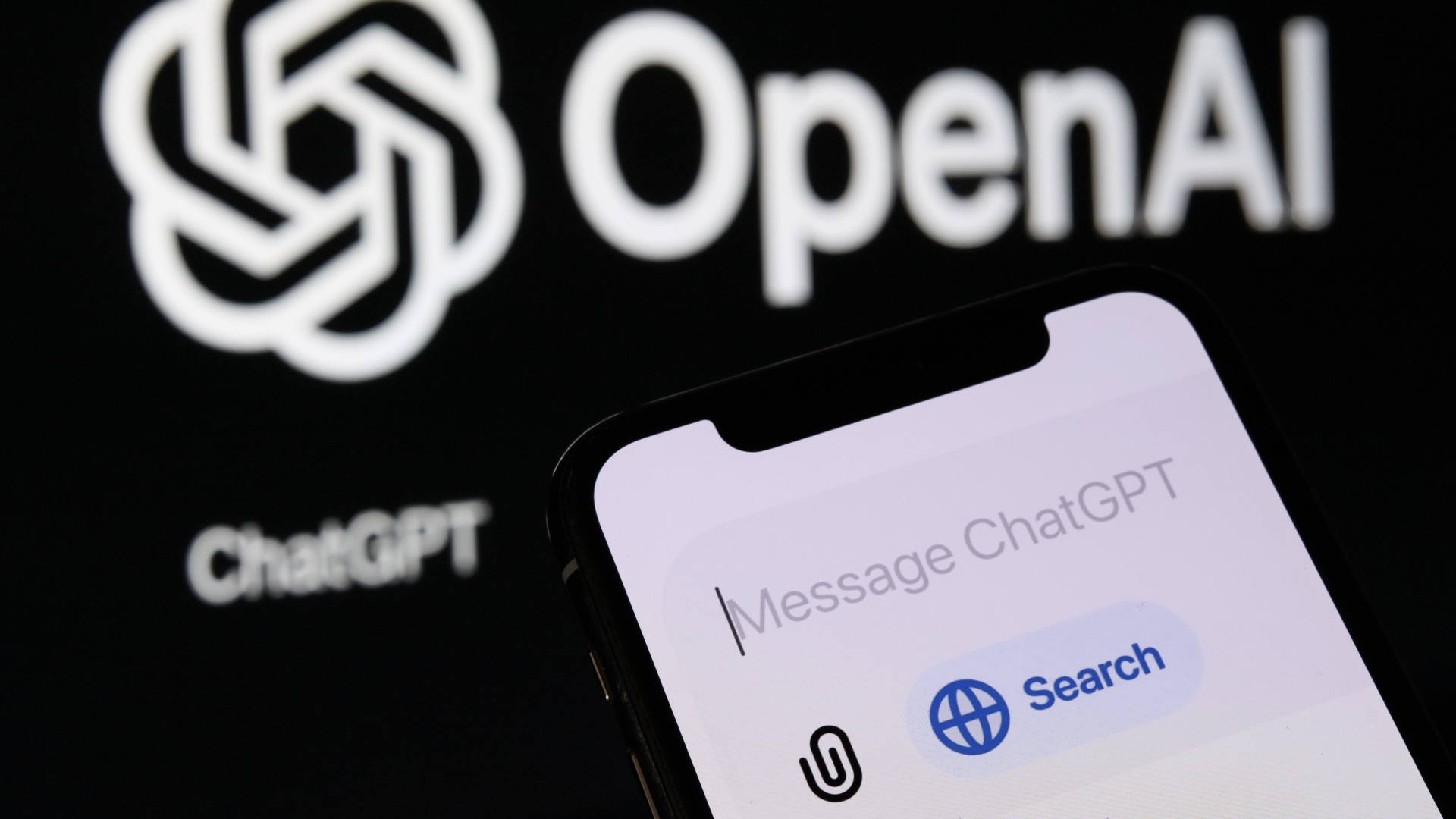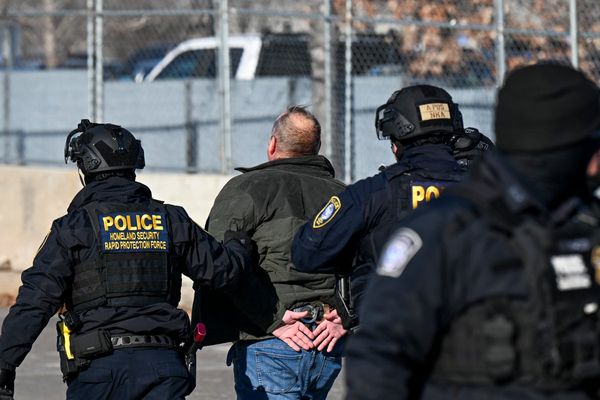
The past couple of weeks have been pretty intense for OpenAI. The San Francisco-based company has been under immense pressure from investors to convert into a for-profit venture, but reports suggest that Microsoft (its largest investor) is holding back the transition to protect its best interests.
On top of that, the ChatGPT maker lost a handful of its top AI talent to Mark Zuckerberg's brand-new Meta Superintelligence Labs (MSL). OpenAI CEO Sam Altman revealed that the Facebook maker offered up to $100 million in signing bonuses to get some of his staff to switch sides.
While Sam Altman indicated that none of OpenAI's best people decided to take Meta up on its offer, a new memo recently shared by Mark Zuckerberg announcing Meta's new AI lab features multiple former OpenAI employees, including former synthetic data lead Shengjia Zhao, former multimodal post-training lead Shuchao Bi, and former perception lead Jiahui Yu.
OpenAI staffers are going on a mandatory week-long vacation

As Meta doubles down on its generative AI efforts, hoping to catch up with OpenAI and Google's advances in the landscape, the ChatGPT maker has sent its staff on a mandatory week-long break from work.
According to the AI firm's employees, who spoke to WIRED on the condition of anonymity, revealed that tension is at an all-time high with the firm's top management attempting to keep its staffers happy, in a bid to prevent them from defecting to rival firms like Meta.
OpenAI employees have seemingly been subject to long hours at work, often translating to 80 hours/week, trying to maintain their lead in the AI landscape. But Meta's "UNO reverse card" in the AI game has ruffled some feathers at OpenAI.
According to an internal memo posted on an OpenAI Slack channel, CRO (Chief Research Officer) Mark Chen seemingly expressed his frustrations over Meta poaching a handful of the company's staffers:
"I feel a visceral feeling right now, as if someone has broken into our home and stolen something. Please trust that we haven’t been sitting idly by."
Chen further revealed that he is working closely with Sam Altman around the clock to contain the critical issue and threat to OpenAI's top employees. "We’ve been more proactive than ever before, we’re recalibrating [compensation], and we’re scoping out creative ways to recognize and reward top talent," Chen added.
Beyond the executive's highlighted promises designed to retain the company's top talent, it remains unclear what else OpenAI has under its sleeve to keep its staff happy and content that could match Meta's $100 million signing bonuses and compensation.
Interestingly, some OpenAI researchers have already reached out to their counterparts, arguing with them to turn down Meta's enticing offers to jump ship:
"If they pressure you, or make ridiculous exploding offers just tell them to back off, it’s not nice to pressure people in potentially the most important decision. I’d like to be able to talk to you through it and I know all about their offers."
Perhaps more concerning for OpenAI, a research lead suggested that Meta could leverage OpenAI's mandatory week-long vacation to dig its claws deeper into the team:
"Meta knows we’re taking this week to recharge and will take advantage of it to try and pressure you to make decisions fast and in isolation."
This story seemingly lines up with AI safety researcher Roman Yampolskiy's claim about AGI. He claimed that the question about AGI's (Artificial General Intelligence) achievability is no longer tied to time, but to the company with "enough money to buy enough compute."
Meta has seemingly proved that it has enough resources to recruit the best AI talent under its new umbrella. The Facebook maker is also betting big on the technology following its $14.3 billion investment in Scale AI.







